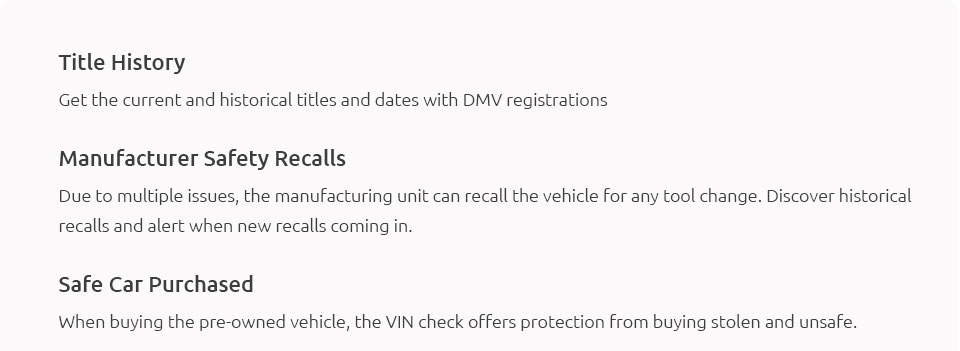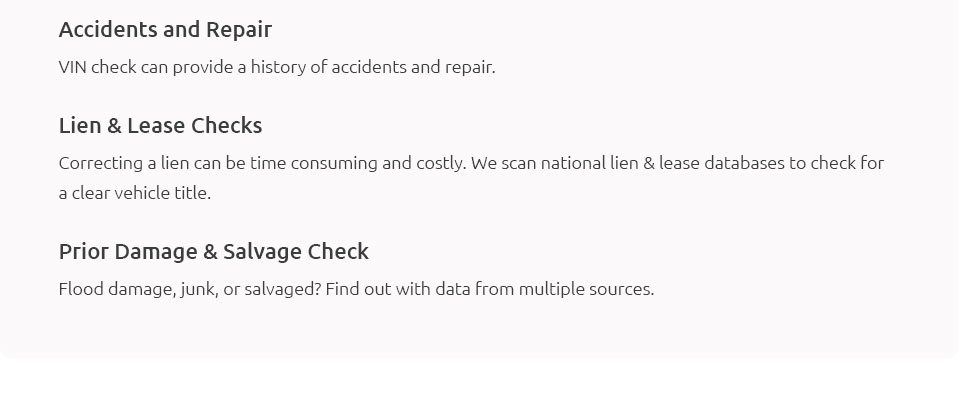 |
 |
 |
||
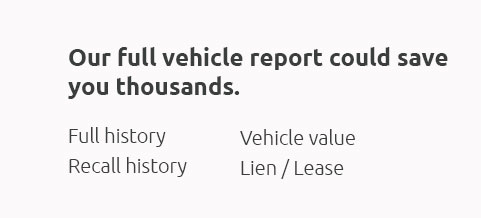 |
 |
|
 |
||
 |
 |
 |
 |
||
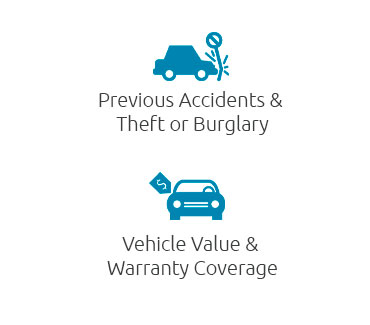 |
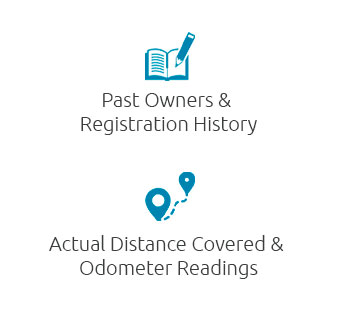 |
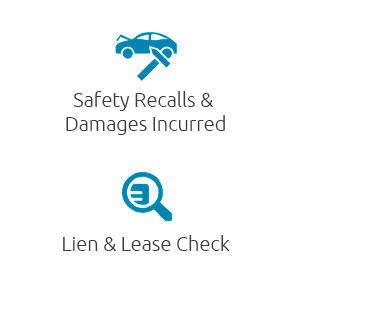 |
 |
 |
||||
|
||||
 |
|
Unlock the hidden story of any vehicle with our unparalleled VIN Check Service-where every VIN code lookup transforms uncertainty into confidence, revealing the intricate past of your car with unmatched precision; we empower you to make informed decisions with ease, ensuring you're never in the dark about your vehicle's history, from past accidents to ownership changes, all delivered in a seamless experience that puts you in control-demand transparency, embrace clarity, and drive with peace of mind.
https://vpic.nhtsa.dot.gov/decoder/
Among the information NHTSA's VIN decoder provides is information about the vehicle's plant of manufacture. After searching a VIN, you'll see ... https://www.mdecoder.com/
BMW VIN decoder will check your BMW VIN and show you full vehicle specification. https://play.google.com/store/apps/details?id=vin.decoder.app&hl=en_US
About this app. arrow_forward. Our VIN Decoder & VIN Check app is the ultimate tool for checking a car's VIN code. Simply input the 17 digits of ...
|

